UN warns of rising global food insecurity due to Ukraine conflict
UN Secretary General Antonio Guterres has warned of a “global food shortage” in the coming months due to the conflict in Ukraine.
During a meeting on global hunger at UN Headquarters in New York on Wednesday, Guterres said the conflict “threatens to tip tens of millions of people over the edge into food insecurity followed by malnutrition, mass hunger, and famine.”
He said he was in “intense contact” with Russia, Ukraine, Turkey, the US, and the European Union to try and secure the resumption of Ukrainian grain shipments and Russian fertilizer exports. Russia and Belarus are the world’s number two and three producers of potash, a key ingredient of fertilizer.
Russia and Ukraine together account for nearly a third of global wheat and barley supplies and half of its sunflower oil. Before the war, Ukraine was seen as the world’s bread basket, exporting 4.5 million tons of agricultural produce through its ports per month.
“In the past year, global food prices have raised by nearly one-third, fertilizer by more than half, and oil prices by almost two-thirds,” Guterres said.
The United Nations has said that more than 36 countries count on Russia and Ukraine for more than half of their wheat imports, including Lebanon, Syria, Yemen, and Somalia.
The UN chief said the number of severely food insecure people had doubled in just two years, from 135 million before the pandemic to 276 million today, with more than half a million people experiencing famine conditions – an increase of more than 500 percent since 2016.
“These frightening figures are inextricably linked with conflict, as both cause and effect,” Guterres said, adding that, “If we do not feed people, we feed conflict.”
His comments came on the same day the World Bank announced $30 billion in financing for existing and new projects that includes extra funding worth $12 billion for new projects addressing food insecurity.
The bank said in a statement on Wednesday that the new projects were expected to support agriculture, social protection to cushion the effects of higher food prices on the poor, and water and irrigation projects over the next 15 months.
The majority of the resources are going to Africa and the Middle East, Eastern Europe, Central Asia, and South Asia.
“Food price increases are having devastating effects on the poorest and most vulnerable,” said World Bank Group President David Malpass.
He urged countries to make concerted efforts to increase the supply of energy and fertilizer, help farmers increase plantings and crop yields, “remove policies that block exports and imports, divert food to biofuel, or encourage unnecessary storage.”
Shortages of fuel and fertilizer in many countries and accelerating spikes in food prices threaten to destabilize fragile societies, increase hunger and malnutrition, drive migration, and cause severe economic dislocation. Conflict has greatly exacerbated food security issues globally.
According to the World Bank, 10 million people are pushed into extreme poverty worldwide for every percentage point increase in food prices. Food prices increased by almost 30 percent year-on-year in April, according to the FAO food price index.
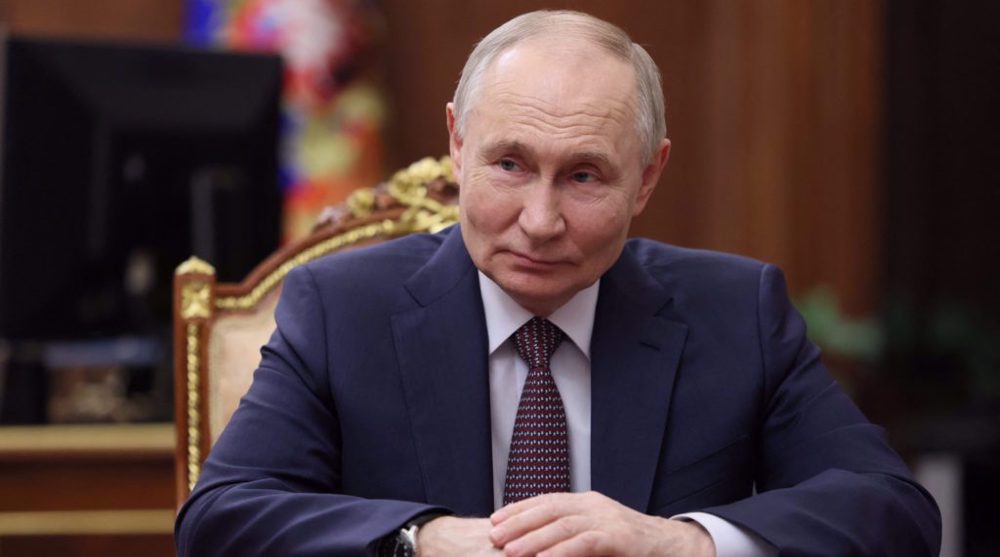
Putin says not opposed to Europeans’ involvement in Ukraine talks

Danish police arrest 20 people protesting to stop military shipment to Israel
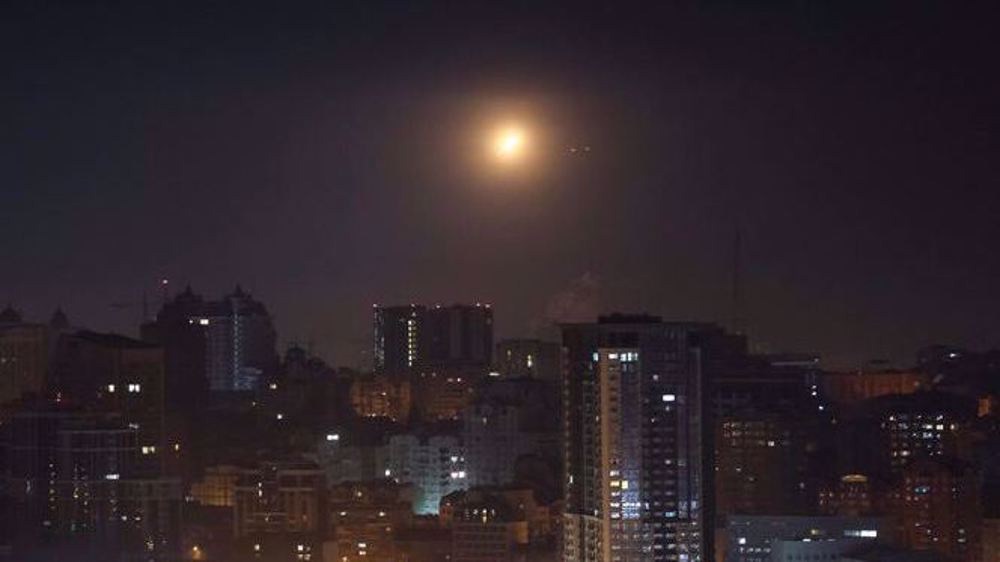
Russia launches ‘record’ strikes on Ukraine: Kiev
Iranian flotilla makes port call in India with 'friendship message'
How UK counter-terror police colluded with Zionists to detain me after Beirut trip
Biden, Blinken, Austin referred to ICC over Gaza war crimes
EU will 'do the same' if US implements tariff hikes: France
VIDEO | Press TV's news headlines
British celebrities condemn BBC removal of Gaza documentary
Iran Army acquires tactical vehicles, audio surveillance systems
VIDEO | UK police detain anti-Zionist scholar upon return from Lebanon


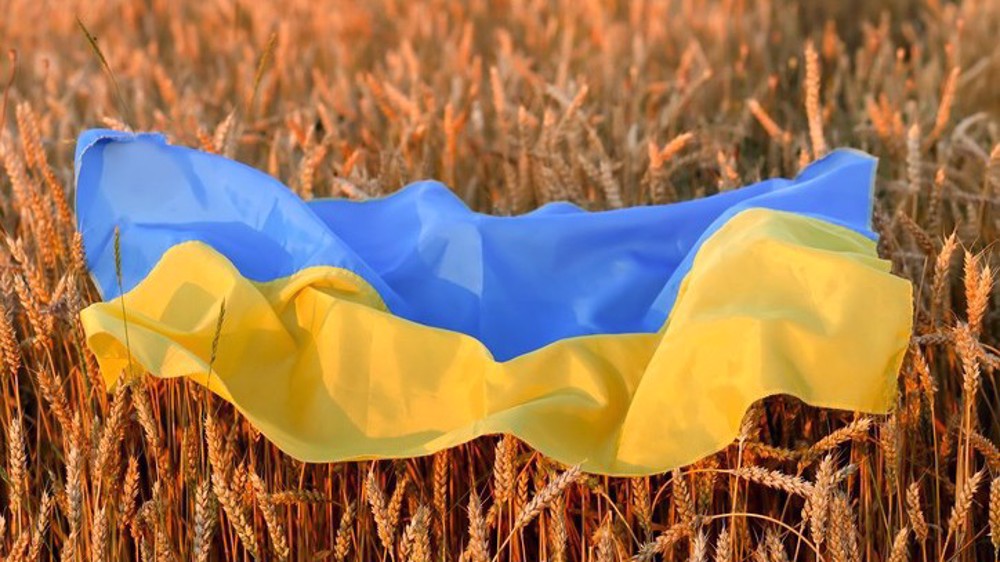
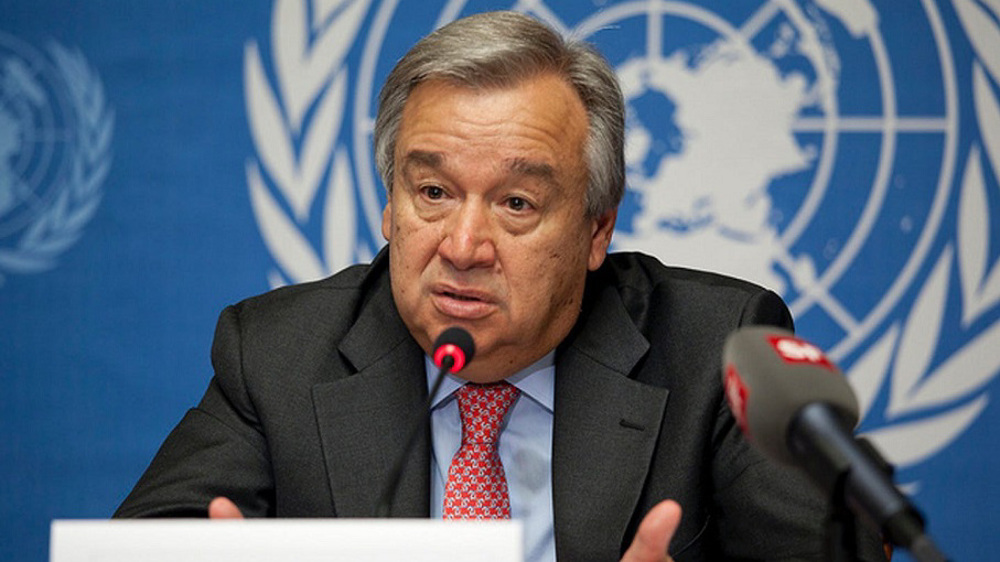



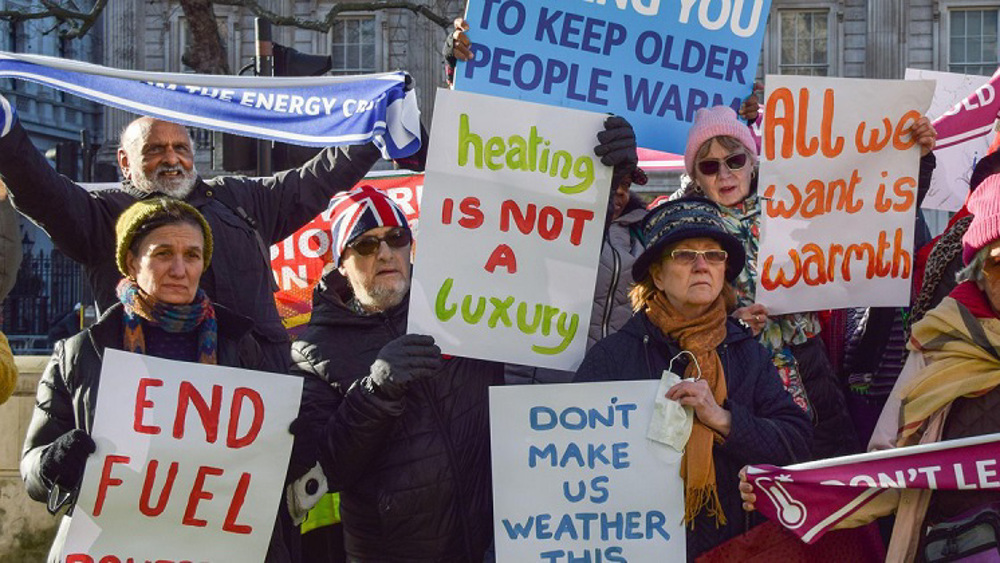
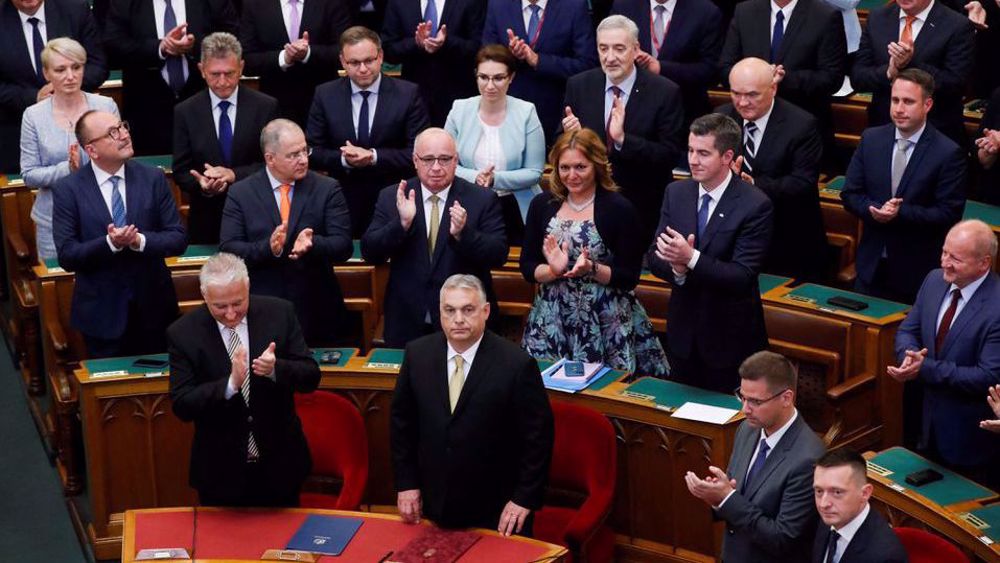

 This makes it easy to access the Press TV website
This makes it easy to access the Press TV website